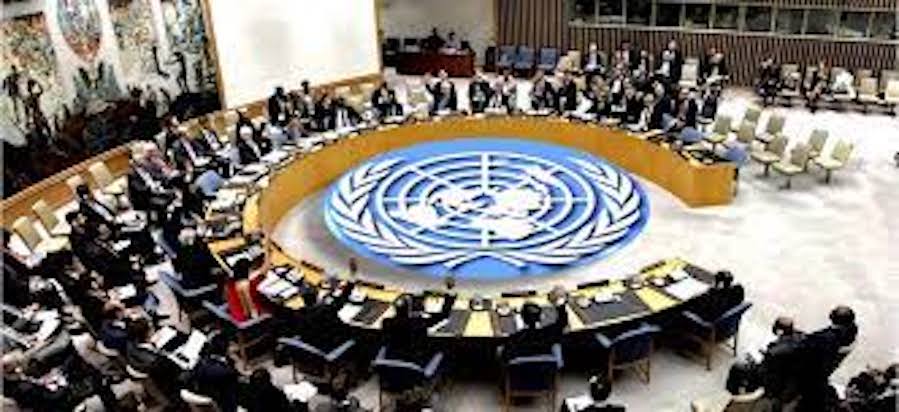The United Nations (UN) has called for accountability on the violence committed by state officials during the Janatha Vimukthi Peramuna (JVP) uprising in 1989.
Human rights activists have welcomed the joint communication sent by United Nations bodies to the Government of Sri Lanka regarding its failure to hold accountable officials in charge of Matale District when enforced disappearances, arbitrary detentions, torture, and extra-judicial killings, were reportedly committed by the security forces in 1989 during the JVP uprising.
The UN statement from four bodies expressed concern about what it called a complete lack of accountability and judicial action against the State authorities identified as the main perpetrators of the violations committed.
In their public version of the communique, the UN redacted the name of the official in charge of Matale District in 1989 when more than 700 people disappeared there.
However it is well known that it was former President, Gotabaya Rajapaksa, who served in Matale from May 1989 to January 1990 as the district coordinator, controlling the army, police, intelligence services and the local administration in the district.
Human rights groups were delighted by the UN statement:
“We welcome this and it will invigorate us all. Families of the disappeared desperately need to see accountability and this sort of acknowledgement from abroad by the UN gives them a glimmer of hope after so many decades of disappointment and suffering,” said disappearance activist, Brito Fernando.
Just the day before the UN statement was released, Brito Fernando led a group of activists in Matale town who handed out leaflets calling for truth and justice and held a meeting with the families of the disappeared.
Among those still campaigning for justice are those who survived detention and torture in 1989 like this survivor, who withheld his name for his safety:
“I was arrested in December 1989 and held at Matale Technical College. I was only held for 30 hours as they had to release me after some influential people intervened. But while being held, I was severely beaten and they threatened that they will kill me. I knew well that Gotabaya Rajapaksa was the commanding officer in the area while Shavendra Silva also functioned as a junior officer under him. Many who were held with me were executed as it was the final stage of the state counter-insurgency campaign, where scores were summarily executed. I knew that many parents whose children were abducted by the military approached the opposition MP Mr. Nandimitra Ekanayake, who contacted Gotabaya Rajapaksa through his politician brother Mahinda Rajapaksa to get those youth released. But only few survived while hundreds or thousands of arrested were killed under his command.”
On 10 May 2022, Journalists for Democracy in Sri Lanka (JDS) and the International Truth and Justice Project (ITJP) published a joint report, Gotabaya Rajapaksa: the Sri Lankan President’s Role in 1989 Mass Atrocities. This revealed that Gotabaya Rajapaksa, was named in a secret list by a Sri Lankan government inquiry as a suspect in an enforced disappearance case in 1989.
Based on the JDS and ITJP report, lawyers say universal jurisdiction can be applied to former President, Gotabaya Rajapaksa, for alleged crimes committed as district military coordinator in late 80s.
On 30 June 2022, JDS and the ITJP submitted further information on the role played by Gotabaya Rajapaksa and key members of the security forces in Matale in 1989 to the UN Working Group on Enforced and Involuntary Disappearance. The submission included some of the underlying evidence against Gotabaya Rajapaksa.
The ITJP and the JDS particularly applaud the UN joint communication’s recognition of the lack of accountability and judicial action against the alleged perpetrators of these human rights violations.
ITJP said that former President, Gotabaya Rajapaksa, the Chief of the Defence Staff, General Shavendra Silva, and the Secretary to the Ministry of Defence, General Kamal Gunaratne – are all veterans of the 1989 counter-insurgency operation in which tens of thousands of Sri Lankans were extrajudicially killed. Notably, all three also held key positions of command during the 2009 war, in which thousands of Tamils were enforcedly disappeared, killed, tortured, and subjected to various forms of sexual violence in violation of international law.
Since then, all have had positions that oversaw – thus could have prevented, stopped and sanctioned, the ongoing arbitrary detention, torture and sexual violence targeting Tamils, as well as socioeconomic rights violations affecting all Sri Lankans.


